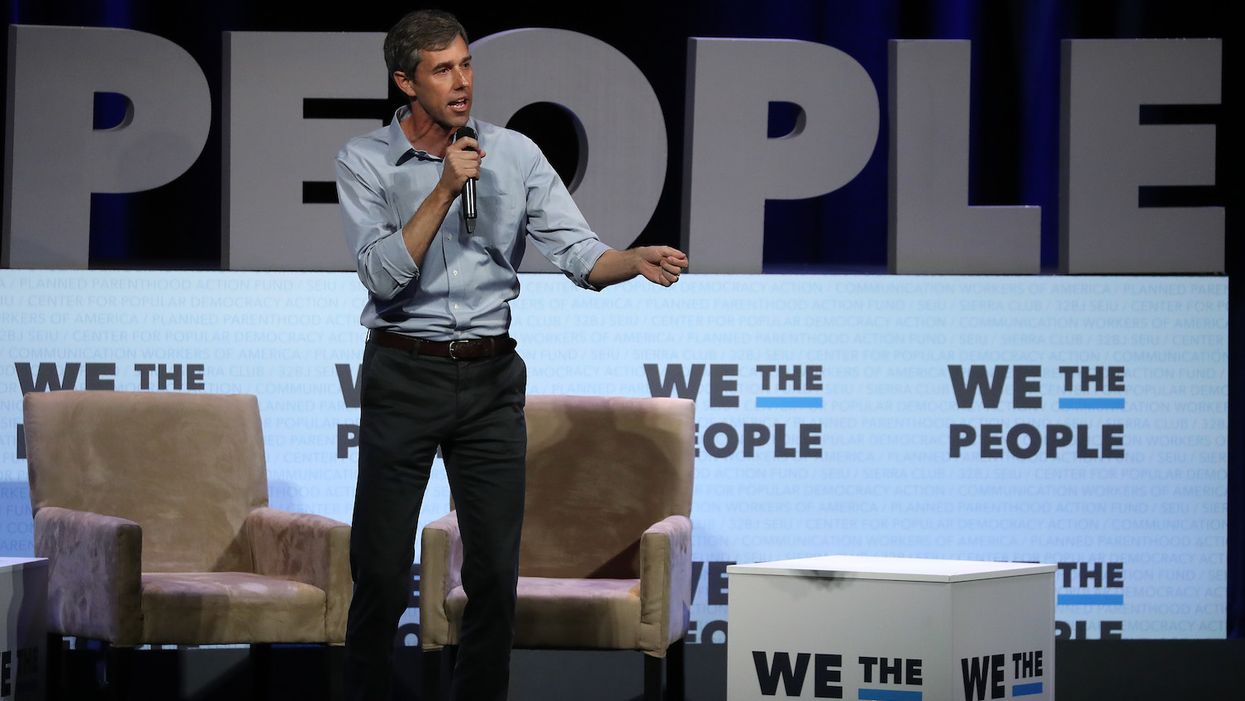
Mark Wilson/Getty Images

Democratic candidates are pushing hard to end the Electoral College
Beto O'Rourke joined several other Democratic presidential candidates in opposition to the Electoral College, calling the current system of electing a president "one of those bad compromises" that was made in the early days of the country's existence, according to The Washington Free Beacon.
What exactly did O'Rourke say? "This is one of those bad compromises we made at day one in this country," O'Rourke said. "There are many others we can think of and they are all connected, including the value of some people based on the color of their skin. There is a legacy and a series of consequences that have persisted and remain with us to this day."
"In this conversation about how we repair the damage, how we make things right, and how we keep from committing the same injustice going forward is squarely connected to the reason that we are all convened here today and that is fixing our democracy," O'Rourke continued. "So yes, if we get rid of the Electoral College, we get a little bit closer to one person, one vote in the United States of America."
What is he talking about? Some politicians and constitutional scholars argue that the Electoral College is a vestige of slavery, created to ensure that pro-slavery southern states were not overpowered electorally by the northern states, which had many more eligible voters and thus would carry more significant influence in a popular voting system.
Some cite remarks by James Madison at the 1787 Constitutional Convention in which he pointed out the "difficulty" presented by the population of "Negroes" in the south in a popular voting system.
Madison spearheaded the creation of the Electoral College system of voting, and the constitutional authors settled on counting slaves as three-fifths of a person for representation purposes, as opposed to as a whole person (heavily benefitting the south) or not at all (heavily benefitting the north).
The original system was quite profitable for Madison's home state of Virginia, which got 12 out of 91 total electoral votes and resulted in Virginians occupying the presidency for much of the first four decades of U.S. history.
Still, as Allen Guelzoand James Hulme pointed out in The Washington Post, the Electoral College actually contributed to the election of President Abraham Lincoln and the end of slavery:
If anything, it was the electoral college that made it possible to end slavery, since Abraham Lincoln earned only 39 percent of the popular vote in the election of 1860, but won a crushing victory in the electoral college. This, in large measure, was why Southern slaveholders stampeded to secession in 1860-61. They could do the numbers as well as anyone, and realized that the electoral college would only produce more anti-slavery Northern presidents.